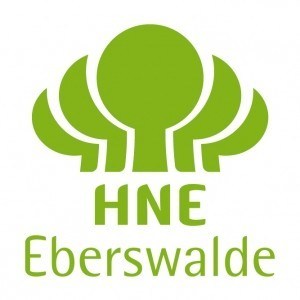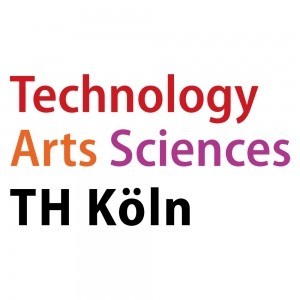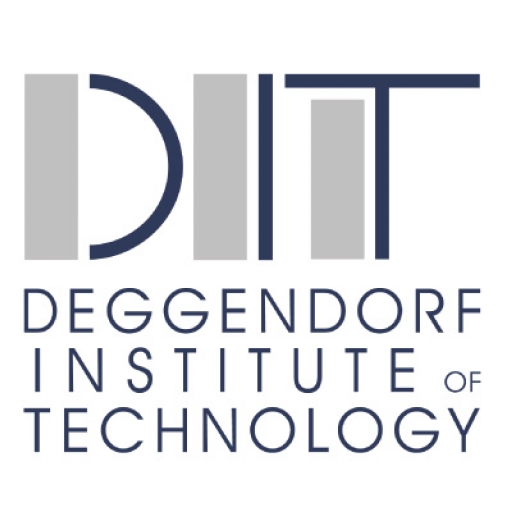Photos of university
Students learn the relevant concepts and methods for survey, analysis, visualisation, and communication of environmental data. They acquire practical skills in handling common software products particularly related to spatial data. They achieve a critical understanding of the processes in forest ecosystems and of forest management. They learn to to apply information technologies creatively to describe problems and find solutions, develop methods for sampling environmental data and computer and model-based assessments of the effects on forests and other ecosystems, and learn how to cooperate in interdisciplinary work groups.
Educational organisation
The first semester takes place at the University for Sustainable Development Eberswalde and covers fundamental knowledge of environmental information technologies.The second semester takes place at the Warsaw University of Life Sciences (Poland). It focuses on teaching knowledge of environmental information technologies including specific silvicultural content.
Third semester: independent research project (at the particular university or partner institution in Germany, Poland, or abroad), range of elective courses (in Eberswalde, partly together with the study programme MSc Global Change Management)
Fourth semester: Master's thesis, range of elective courses
Study abroad unit(s)
- Second semester: mandatory semester abroad at the Warsaw University of Life Sciences (WULS) in Poland (partner university)
- Third and fourth semesters: depending on selected place of study, semester abroad at the Warsaw University of Life Sciences (WULS) in Poland (partner university) or another institution
A double degree is possible.
Internships
Research projectForms of assessment
Technical discussions, project presentations, oral reports, written exams, term papers, protocols, work reports, project reportsCourse objectives
Information technologies (IT) are key technologies of the 21st century. Even today, information technologies are deep-seated in many fields of research and practice.The aim of the programme is to produce scientifically trained specialists who are particularly qualified to use the creative application of IT in order to describe problems and create solutions for environmental issues. We achieve our goal by imparting a wide range of scientific methods and tools for the collection, analysis, visualisation, and communication of environmental data. The factual basis of the education is applied mainly to the fields of forest ecosystems and forest management.
The application of IT can help improve the recognition of silvicultural problems and environmental changes that are becoming more complex and more global. IT can also be used to point out solutions. By applying modern IT, it becomes possible to prepare sustainable forest cultivation and ecologically compatible actions. Well-trained specialists are needed for these challenging and exciting tasks.
Language requirements
A certificate of proficiency in English e.g. TOEFL (at least 87 pts (IBT)), ICC 2, Unicert 3, IELTS 5.5 or equivalent certificationNative speakers do not have to prove their English skills.
Academic requirements
Applicants from forest, landscape and environment-related study programmes (e.g. forestry, biology, agricultural sciences, land use planning and others) automatically fulfil the subject entry requirements for the programme.Applicants from other programmes (e.g. Computer Sciences) will be evaluated individually for assessment of their subject qualification based on the content of their previous study programme(s) and a personal statement outlining their special interest concerning the FIT programme. Basic knowledge of forestry is necessary, but can also be achieved during the programme in additional courses.
Enrolment fees
Approx. 250 EUR per semester. The fee includes a semester ticket for public transport in the Federal States of Brandenburg and Berlin.Costs of living
500 EUR to 600 EUR per monthJob opportunities
There are few job opportunities in Eberswalde. More opportunities can be found in the capital of Germany Berlin (50 km from Eberswalde).Funding opportunities within the university
The university has a scholarship programme for excellent students. Recipients receive approx. 300 EUR per month.Arrival support
The goal of the buddy programme is to provide comprehensive support to foreign students at the beginning of their stay in Eberswalde and to help them to handle any difficulties that may arise. Your German partners will welcome you and give you a helping hand from your arrival on, assisting you in searching for accommodation, registering at several offices, opening a bank account, and exploring Eberswalde and its attractions.Services and support for international students
- Intensive study guidance counselling through a comprehensive information package and personal assistance, support in organising a semester abroad, provision of inexpensive living accommodation
- HORIZONTE e.V.: Association for the integration of foreign students into academic life and society
Accommodation
There are two options for accommodation in Eberswalde: the student residence halls, managed by the student service (Studentenwerk) or a privately rented room or flat in Eberswalde.The prices for a room in the student halls of residence are between 180 EUR and 230 EUR per month.
The prices for privately rented rooms are between 100 EUR and 250 EUR per month. Berlin is 50 kilometres from Eberswalde and can be reached by train in 30 minutes.









